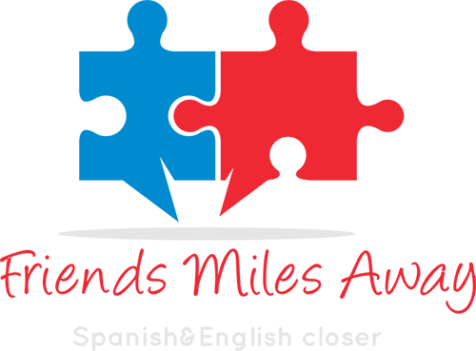ESTE CALOR VA A TERMINAR/ACABAR CONMIGO
EVERYDAY ENGLISH PHRASESThe more common ways are: -This heat is gonna finish me off -This heat is a killer Other ways to say it (not so common) –This heat is gonna kill me -This heat is going to knock me out -This heat is going to put me down Y recuerda, si quieres aprender muchas […]
Things might pick up
EVERYDAY ENGLISH PHRASESSignificado: las cosas quizás mejoren Es una frase muy común que se utiliza en el inglés de cada día cuando alguien te habla de algo en lo que no le va muy bien. Ejemplos: -Anabel: I feel quite overwhelmed… I’ve got so many things to do and I don’t have much free time. […]
Hay mucha gente que hace trabajos en negro
Venga, suéltalo. Se que no te puedes resisitir
EVERYDAY ENGLISH PHRASESThe most common ways to say it are: Come on, spit it out /spill the beans. I know you can’t help it
Estoy caminando cuesta arriba
EVERYDAY ENGLISH PHRASESThe correct answer is: I’m walking uphill
Do you want me to slide over/move over/bunk along?
EVERYDAY ENGLISH PHRASESSignificado: ¿quieres que me haga a un lado para que puedas sentarte? Se usa por ejemplo cuando estamos en el sofá y alguien está de pie. Entonces le preguntamos: «do you want me to bunk along?» (en caso de que quiera sentarse a nuestro lado y no haya espacio suficiente)
HAN CONSEGUIDO APAGAR EL FUEGO AL FINAL
EVERYDAY ENGLISH PHRASESThe correct answer is: They have managed to put the fire out in the end
Faff about/ around – Messing about with
EVERYDAY ENGLISH PHRASES Significado: desperdiciar mucho tiempo haciendo cosas que no son útiles cuando podrías estar haciendo otro tipo de tareas. Ejemplo: Norman: Anabel, stop faffing with your hair. It looks great, let’s go. Ejemplo: Anabel: Norman, stop messing around and study Spanish!!!
Tendré que conformarme
EVERYDAY ENGLISH PHRASESThe correct answer is: I’ll have to make do with itI’ll have to settle for it Example: -I would like to have a more expensive car but I don’t have enought money so I’ll have to make do with mine.
Buena pregunta…
EVERYDAY ENGLISH PHRASESThe correct answers are: – Good question – That’s a question and a half Ejemplo: -Anabel: Norman, what’s the difference between «make» and «do»? -Norman: oh, that’s a question and a half…
